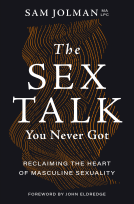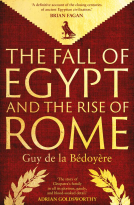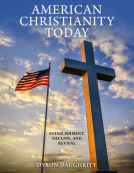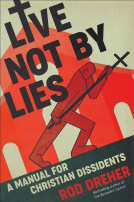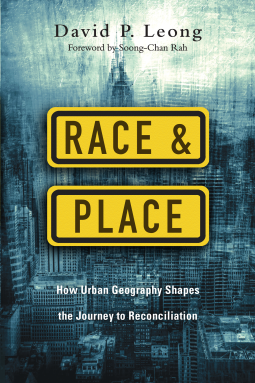
Race and Place
How Urban Geography Shapes the Journey to Reconciliation
by David P. Leong
This title was previously available on NetGalley and is now archived.
Send NetGalley books directly to your Kindle or Kindle app
1
To read on a Kindle or Kindle app, please add kindle@netgalley.com as an approved email address to receive files in your Amazon account. Click here for step-by-step instructions.
2
Also find your Kindle email address within your Amazon account, and enter it here.
Pub Date Feb 06 2017 | Archive Date Mar 21 2017
InterVarsity Press | IVP Books
Description
We long for diverse, thriving neighborhoods and churches, yet racial injustices persist. Why? Because geographic structures and systems create barriers to reconciliation and prevent the flourishing of our communities.
Race and Place reveals the profound ways in which these geographic forces and structures sustain the divisions among us. Urban missiologist David Leong, who resides in one of the most diverse neighborhoods in the country, unpacks the systemic challenges that are rarely addressed in the conversation about racial justice.
The evening news may deliver story after story that causes us to despair. But Leong envisions a future of belonging and hope in our streets, towns, cities, and churches. A discussion about race needs to go hand in hand with a discussion about place.Advance Praise
"Joining God's dream for our neighborhoods compels us to answer the
clarion call of racial justice and reconciliation. But for way too long,
conversations about race haven't included place, and vice versa. With
the insight of a scholar and wisdom that only comes from putting ideas
into practice, Dr. Leong offers an invitation to the belonging,
solidarity, and hope we so desperately need today. If you believe we
need each other, you need this book. If you don't believe we need each
other, you need this book. I'm so grateful for this timely
contribution."
—Tim Soerens, cofounding director, The Parish Collective, coathor of The New Parish
"Race is neither a white/black issue nor is it merely one of
political correctness. Rather, it's about ghettos, ethnic enclaves,
suburbia, and gentrification. David Leong helps us see how racialized
our cities have been historically and how we continue to suffer under
these decisions from decades ago. But Race and Place also
provides us with concrete steps to live out the good news of justice and
shalom in our neighborhoods and communities. There is plenty here for
theorists to mull over and much for activists to work for as well."
—Amos Yong, professor of theology and mission, Fuller Theological Seminary
Available Editions
| EDITION | Paperback |
| ISBN | 9780830841349 |
| PRICE | $16.00 (USD) |
| PAGES | 224 |
Featured Reviews
A consideration of matters of racial division in Christianity primarily in terms of who lives where and how that influences how the faith is practices.
The author speaks of his own experiences and story as a person of color. As might be expected he speaks regarding the segregation of churches and understands it in terms of its geographical expression. He attempts to establish a theology of place as well as a desire to understand a local context so as to minister within it. He then explores the various issues which come up in an urban context and how Christians and the church can respond: divisions, gentrification, a sense of calling in the city, etc. He then points the way forward in terms of how Christians and churches can reconcile with each other as well as with their communities. He often focuses on the practical side of things.
There is much good here. It is important for anyone who wishes to work in a given environment to understand that environment, how it got to be where it is, and to find a way to minister within that environment so as to reflect its diversity in a way which honors the Lord Jesus.
The author is a bit too high on the strength of cities; the Scriptures have special commendation for the pastoral life and looks a bit askance at the city and "civilization." The book likely has too many buzzwords and buzz concepts for the liking of some people. Nevertheless, if you are at all interested in ministry in an urban context, or regarding racial reconciliation in the church, a book worth exploring.
